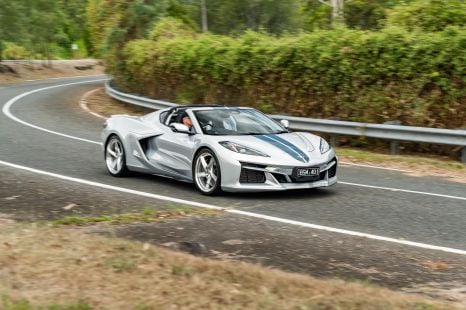

CarExpert.com.au
The CarExpert team's favourite cars of 2025
2 Hours Ago

Senior Contributor
Korea’s three major car brands largely outperformed the rest in the latest version of a long-running (33-year) US vehicle dependability study.
Fresh from its podium place in the recent US Electric Vehicle Experience Ownership Study, Kia topped the charts when it comes to claimed dependability and user-satisfaction.
Insights firm JD Power claims to have surveyed 29,500 North Americans who own 2019 model-year cars, analysing some 184 “specific problem areas” across nine categories.
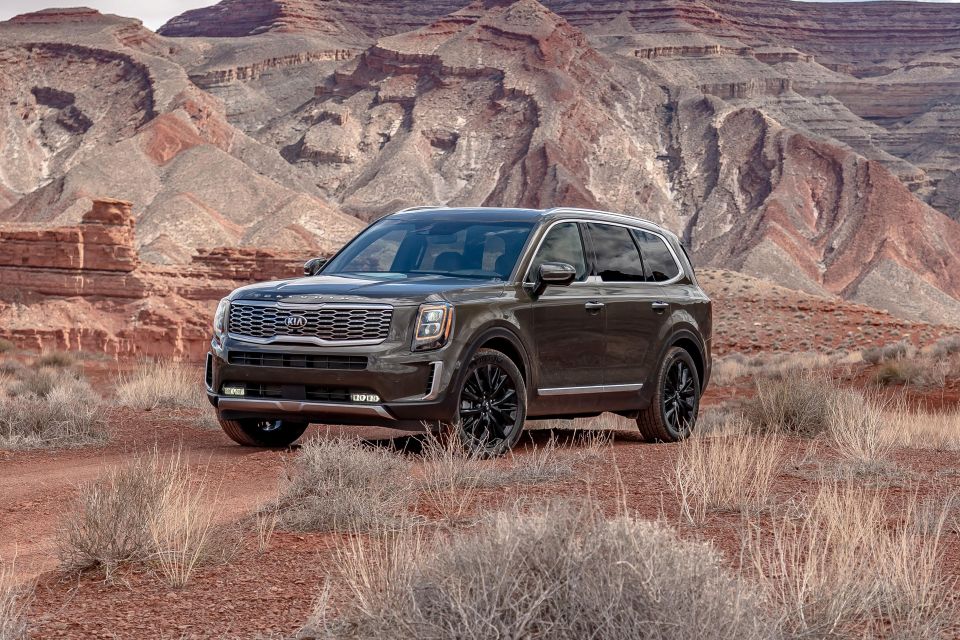
These categories are climate, driving assistance (new in 2022), driving experience, exterior, features/controls/displays, infotainment, interior, powertrain, and seats.
The study also now measures satisfaction with the vehicle’s condition after three years of usage, whether owners find their vehicle as appealing now as when they bought it, and what software updates have been made to the vehicle.
The final Brand Ranking graph lists the vehicles from best to worst, based on their ‘PP100’ number – standing for ‘problems per 100 vehicles’.
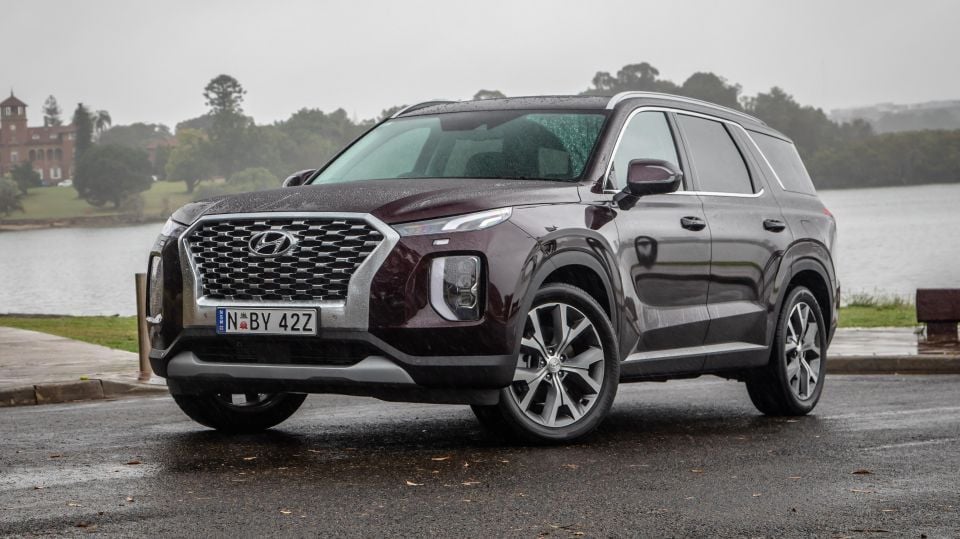
While there are some issues – some brands attract more forgiving and enthusiastic fans, and the sample size is pretty small in the grand scheme of US sales – the survey is still a handy guide.
It goes without saying that being a US survey, this is not totally reflective of the Australian market.
Top of the pops was Kia with a PP100 score of 145, against a 192 industry average. However, for a second consecutive year, the Porsche 911 was the highest-ranked single model in the study. This is the third time in the past four years that the 911 has earned the honour.
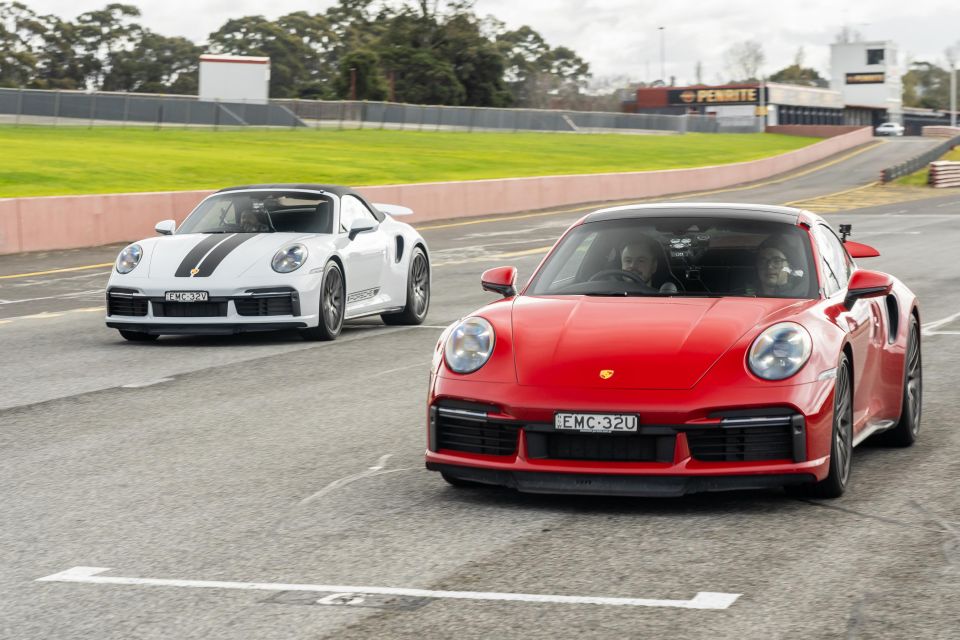
Here’s the list of brands that outperformed the mean:
Here’s the list of brands that performed worse than the mean:
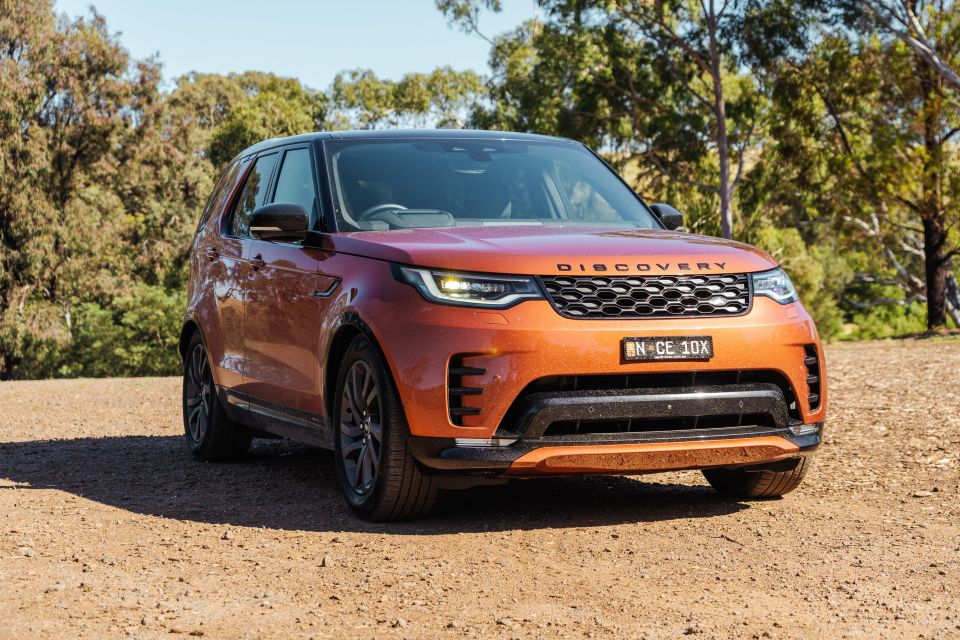
JD Power says Tesla was not included due to a small sample size of MY19 cars.
Sone key take-aways include that owners of ‘mass market’ vehicles claimed fewer problems, with a mean of 190 PP100 versus 204 PP1100 for luxury brands.
“Premium brands typically incorporate more technology in their vehicles, which increases the likelihood for problems to occur. At the same time, the build quality of mass market vehicles has improved considerably and now matches that of the premium brands,” the insights firm postulated.
Infotainment systems were found to be most problematic area. Its average of 51.9 PP100 is more than twice as many problems as the next-highest category.
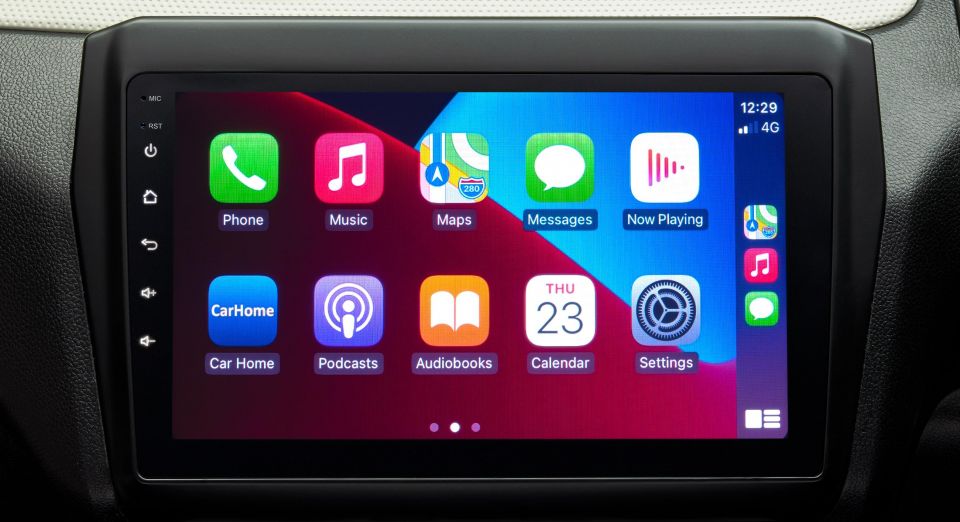
Indeed, seven of the top 10 problem areas in the study were infotainment related including: voice recognition, Android Auto/Apple CarPlay, the Bluetooth, not enough plugs or ports, navigation systems being difficult to use or outdated, and touchscreen gripes.
“Many owners are holding on to their vehicles longer, so long-term dependability is even more critical,” said the firm’s director of global automotive David Amodeo.
“Some automakers are performing much better than others at preventing problems from occurring. These problems include the vehicle’s mechanicals, exterior and interior—but also infotainment systems, driver assistance systems and all the other electronic systems in today’s vehicles.”
Where expert car reviews meet expert car buying – CarExpert gives you trusted advice, personalised service and real savings on your next new car.


CarExpert.com.au
2 Hours Ago
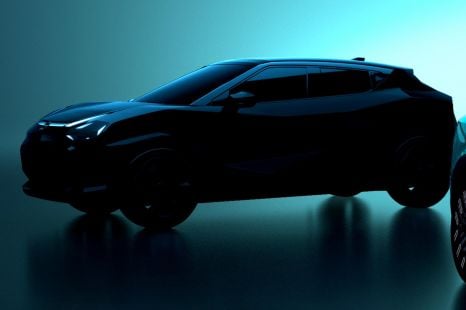

Damion Smy
15 Hours Ago
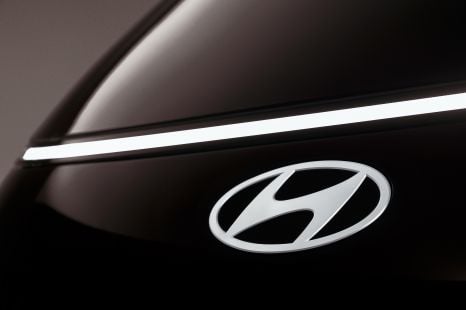

Damion Smy
18 Hours Ago
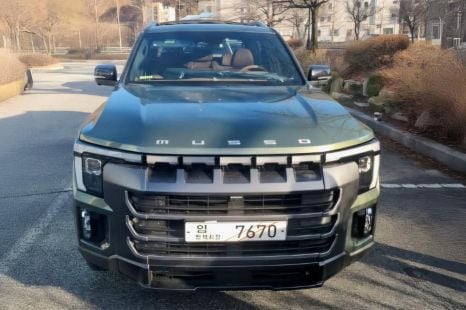

Damion Smy
22 Hours Ago
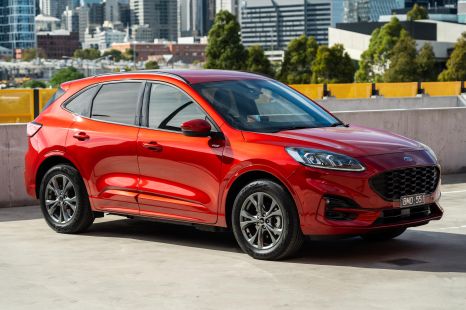

Damion Smy
24 Hours Ago
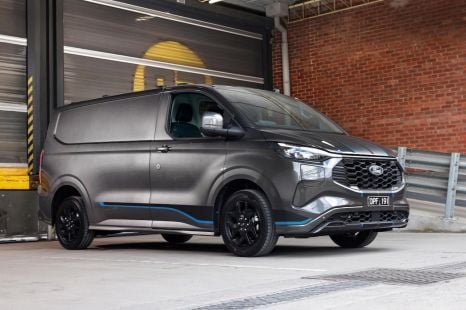

Damion Smy
24 Hours Ago